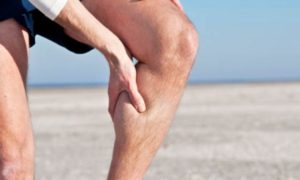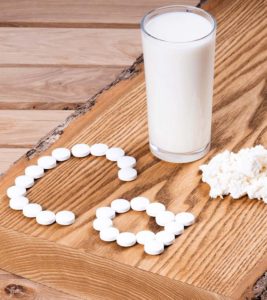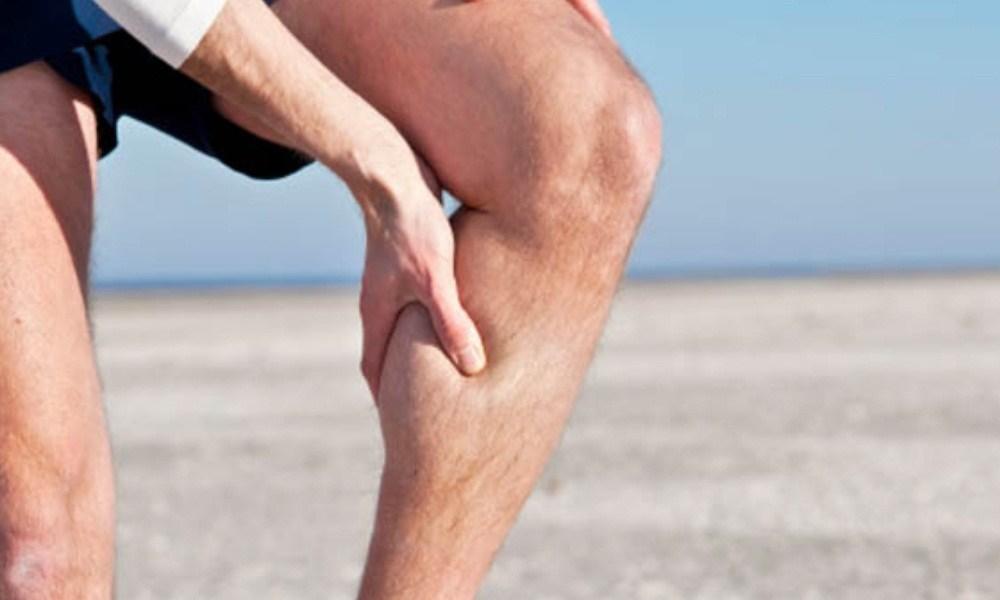
Americans are facing a serious health threat. More than 75% of Americans are calcium deficient, and more than one in 10 Americans either has, or is at risk of developing, osteoporosis or other bone diseases. Worse than that, calcium deficiency is responsible for nearly 150 different degenerative diseases, including obesity, arthritis, fibromyalgia, acid reflux, high cholesterol, hypertension, allergies, cancer, and others.
As an organic chemist for over 17 years and now a Diet Counselor, I am convinced the reason Americans are struggling with obesity and other health conditions is because they have no idea that consuming processed foods, including today’s sugar and flour, upsets body chemistry thereby depleting the most essential mineral necessary for maintaining long-term health.
I tell my clients that it is important to understand the role of calcium in the body, how it is absorbed, what conditions lead to its depletion, and how to ensure that they’re getting enough calcium for proper metabolism, weight loss, and good health. After my own lifelong struggle with obesity and obesity-related conditions, I lost 100 pounds and have kept it off for 17 years by staying away from processed foods including sugar, flour, and sodas (including diet sodas).
The most important use of calcium in the body is its role as the main buffer used to neutralize acids in order to maintain proper body chemistry. However, calcium is one of the more difficult minerals for the body to digest and absorb because it depends on several other conditions to be in place.
First, calcium needs an acid environment in the stomach to fully digest and dissolve (ionize) calcium from food or supplements. Drinking liquids with meals dilutes the enzymes and stomach acids that are crucial for maintaining this environment. Another unfortunate challenge is that people over the age of 60 produce only one fourth of the stomach acid they did when they were 20. Additionally, 40 percent of postmenopausal women lack sufficient stomach acid for proper ionization of calcium.
Once ionized, calcium absorption is totally dependent on the presence of vitamin D in the intestine. Without vitamin D, most of what calcium was ionized in the stomach will pass through the body unused. Vitamin D is not present in most food, so the body needs sunlight on the skin to create its own vitamin D. Staying indoors and out of the sun, or lathering up with sunscreen when out in the sun, prevents the calcium in our diets from being absorbed. Furthermore, vitamin D is a fat soluble vitamin, which means that it can only be absorbed into the body in the presence of enough good fat in the diet. This is why I do not recommend low-fat diets.
Calcium absorption also depends on the presence of the amino acid lysine, and many other trace minerals, including magnesium and boron. The necessary ratios of these trace minerals are not present in most calcium supplements and are severely lacking in processed foods.
Inability to absorb enough calcium is only part of our problem. Consumption of processed foods – refined sugars and grains, sodas, fried foods and trans-fats, chemical preservatives, artificial sweeteners, and prescription drugs create a huge imbalance in body chemistry. As a result, a significant amount of stored calcium is leached from the bones to restore balance.
Sodas, especially diet sodas, may be the largest contributor to calcium loss due to their high phosphoric acid content. Diet sodas actually cause you to gain weight – not lose weight – because they leach calcium, which leads to slowing of the metabolism.
What can we do to replenish our bodies with calcium and maintain proper body chemistry? The simplest thing we can do is stop eating processed foods, drink plenty of water, and begin to eat more calcium containing foods. This means that we need to eat 6-8 servings of vegetables and 2-3 servings of fruit each day. It is important to eat real foods that contain calcium, because they have the other trace minerals needed for absorption. Vegetable choices should consist of dark green leafy types such as collard greens, kale, cabbage, and broccoli, for their high calcium content. Other food sources for calcium are almonds, asparagus, blackstrap molasses, buttermilk, carob, cheese, figs, filberts, goat’s milk, kelp, mustard greens, oats, prunes, sesame seeds, tofu, turnip greens, watercress, whey, and yogurt. Food sources of lysine include cheese, eggs, fish, lima beans, milk, potatoes, organic meats, and protein powders.
For those with diminished stomach acid, add 2 teaspoons of raw unfiltered apple cider vinegar to a glass of water and drink it 30 minutes before meals. The acetic acid in the vinegar acts like stomach acid and improves digestion. Apple cider vinegar can also be sprinkled on vegetables or combined with olive oil to make a tangy vinaigrette.
You can take control of your own health by staying away from processed foods including sodas and today’s flour and sugar. If you do, you will prevent and even reverse calcium deficiency. As an added benefit, like myself, you will enjoy a permanently healthier and lighter you.


I believe that in the past I was told that over consumption of protein causes leeching of calcium. Is that true? It is also my understanding that most Americans over consume protein. Is that also true?
Yes, overconsumption of protein introduces higher amounts of the acid forming mineral phosporous, therefore too much protein can cause overacidity. Overacidity leads to overwhelming the alkaline reserve of calcium. It is absolutely true that the Standard American Diet is too high in protein.